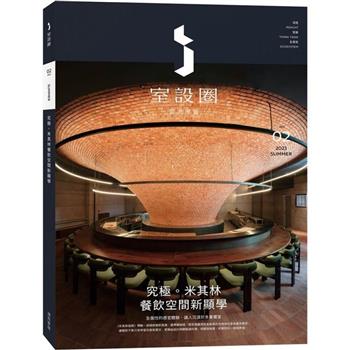What is it about social interaction at the workplace that spurs interactional competence development? This book explores the answers to this question by analyzing the development of interactional competence by two Vietnamese hotel staff members, one novice and one experienced, as they interact with international guests in English in Vietnam.
Using ethnomethodological conversation analysis (EMCA) in a longitudinal design, Nguyen and Malabarba trace the learners’ observable changes in interactional practices in guest-escorting walks over time. In doing so, they uncover the interaction-endogenous impetuses that may have led to these changes and address three fundamental questions in second language acquisition research: what is learned, how it is learned, and why it is learned. In seven chapters, the book offers an illuminating discussion of how competence has been conceptualized in EMCA and a rich analysis of how individuals’ changes in interactional conduct take place locally and longitudinally.
With an in-depth discussion of theoretical issues as well as a fine-grained empirical analysis, this book appeals to researchers, students, and practitioners interested in social perspectives on second language learning, longitudinal EMCA, the development of interactional competence at the workplace, and guest-host interaction in hospitality.
Chapter 7 of this book is freely available as a downloadable Open Access PDF at http: //www.taylorfrancis.com under a Creative Commons Attribution-Non Commercial-No Derivatives (CC-BY-NC-ND) 4.0 license.












